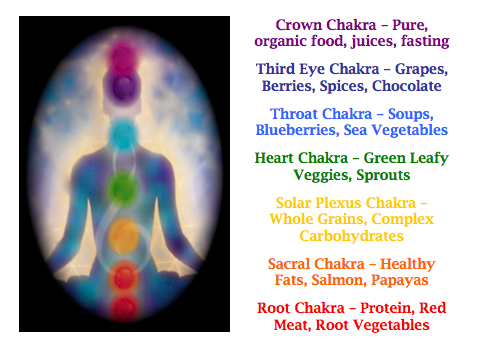If you're blaming yourself for not being your "perfect weight," stop. It's not your fault. Rather, the way our bodies are programmed to handle stress is the problem. Stress is a double whammy for weight - it increases our appetites and leads to overeating or poor food choices, then makes our bodies hold on to the fat. The solution is not extreme dieting, which causes more stress, but knowing how to stop the stress reactions.
STRESS, THE NOT-SO-SILENT SABOTEUR
Stress affects weight both physiologically and psychologically. We've all experienced our stomachs do a flip-flop when we're anxious. Ann Doherty, RN, CDE (certified diabetes educator), explains during her "Art of Stress Management" workshops, just what stress can do to your stomach and the rest of your body.
Physiologically, when you're under stress, your digestion is impaired and you can't receive the nourishment from the food you eat. Our bodies have developed over eons to protect ourselves from threats - whether a charging lion or an angry boss. Your brain and body prepare to handle the threat by releasing adrenaline, making you feel alert and ready for action.
When stressed, your body tries to protect itself as part of the "fight or flight" response, so your blood flows to your muscles and away from your internal organs. However, once the effects of adrenaline wear off, cortisol, known as the "stress hormone," starts signaling the body to replenish your food stores.
Cortisol is a hormone that stimulates fat and carbohydrate metabolism for fast energy, and stimulates the release of insulin to maintain blood sugar levels. So, when stress causes your cortisol to surge, your appetite will be stimulated as well. Excess cortisol also slows down your metabolism, because your body wants to maintain an adequate supply of glucose to deal with the next "threat."
Unfortunately, our bodies haven't received the update that most of us aren't fighting off wild animals anymore. We don't need extra stores of fat or glucose while we sit at our desks rushing to meet a deadline. Or when sitting on the couch worrying about the bills that just came in the mail. But, our hormones will tell our brains to reach for food anyway.
The disruption of cortisol secretion during the "fight or flight" response may not only lead to weight gain, but it can also put that weight exactly where you don't want it - in your belly. Studies have shown that stress and elevated cortisol tend to cause fat deposits in the abdominal area, which is strongly related to Syndrome X, the cluster of risk factors associated with heart disease.
Over millennia, our bodies have also been programmed to store up against famine... we're biologically adapted to want more sugar and fat, which meant survival for our ancestors. But today, there's no longer feast or famine like the hunter/gatherers encountered. And when they found food, it usually contained a high amount of nutrition and was low in calories. Our modern-day processed foods are often high in empty calories and low in nutrients, so we keep craving more and more.
If you're stressed out, make sure you get a good night's sleep, because sleep deprivation will cause biological stress and lead to food cravings, particularly for sweet and starchy foods. After nights with little sleep, I notice myself craving carbs to keep me going... until I finally collapse on my yoga mat for a nap.
Doherty reports that sleeping less than six hours per night can decrease the sensitivity of your insulin receptors, raising your insulin levels, impairing your body's ability to burn and digest fat, and increasing your risk of diabetes.
When under stress, doesn't your willpower go out the window? Most people are driven to eat comfort foods when stressed out, even if they're not hungry. And comfort foods are usually high-fat, sugary or salty foods. You may be eating whatever is within reach to fill an emotional need, or cruising to the closest fast food window because you have no time to shop and cook a healthy meal.
So what should you eat? Take the quiz for each chakra in THE CHAKRA ENERGY DIET, and learn exactly what food you need to ADD to nourish yourself and keep you at your optimal weight.
Namaste!
Becca Chopra, author of The Chakra Diaries, Chakra Secrets, Balance Your Chakras-Balance Your Life, and The Chakra Energy Diet





